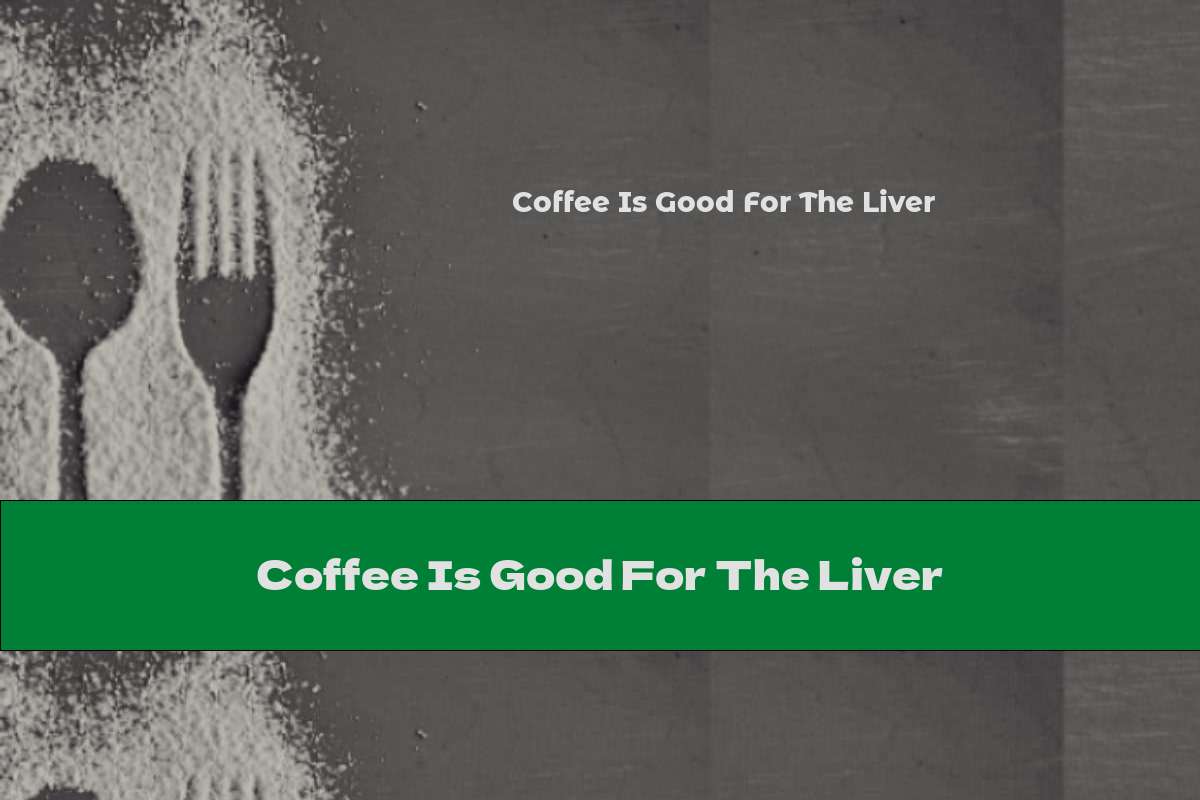Coffee Is Good For The Liver
 Author: Dean Rouseberg
Time for reading: ~1
minutes
Last Updated:
August 08, 2022
Author: Dean Rouseberg
Time for reading: ~1
minutes
Last Updated:
August 08, 2022

In this article, learn more about Coffee Is Good For The Liver. Promotes the reduction of fat cells in the body..
The results of the latest study by a team from Duke University, USA, show that caffeine intake reduces the risk of non-alcoholic fatty liver disease ( NAFLD ).
This disease results in the accumulation of fatty tissue in the liver, which is not due to alcohol abuse and another known cause of liver disease.
Under NAFLD, disorders ranging from hepatic steatosis to nonalcoholic steatohepatitis (NASH) and liver cirrhosis are considered. It can be a component of the metabolic syndrome and predict a predisposition to developing type 2 diabetes and cardiovascular disease.
There is no cure for the disease. It relies on its prevention through sports and diet, which severely limits the intake of saturated fatty acids and aims to increase insulin sensitivity.
To achieve the desired effect and stop the accumulation of fat in the liver , it is enough to take a daily amount of caffeine equal to that contained in 4 cups of coffee or black tea, say US researchers. Caffeine, it turns out, reduces fat cells in the liver and stimulates beta-oxidation of liver cells and liver through autophagy, writes the journal Hepatology .
This is the first study to study the mechanism by which caffeine acts on liver fat and suggests the development of drugs based on it, without them carrying its side effects such as increased blood pressure .
A recent US study found that four or more cups of coffee a day are associated with a risk of premature death. Another research team claims that 2 cups of coffee a day are likely to cause urinary incontinence in men, but consuming about 3 cups reduces the risk of suicide.
Related Articles
- The Health Benefits of Cod Liver: A Nutrient-Dense Superfood
- The Ultimate Guide to Panera Coffee Nutrition: Benefits, Content, and Tips
- The Impact of Coffee on Nutrition: Benefits, Risks, and Tips
- Nutrition Guide: Diet for Fatty Liver and Alcohol-Induced Liver Disease
- The Ultimate Guide to Liver Nutrition: Benefits, Recipes, and More